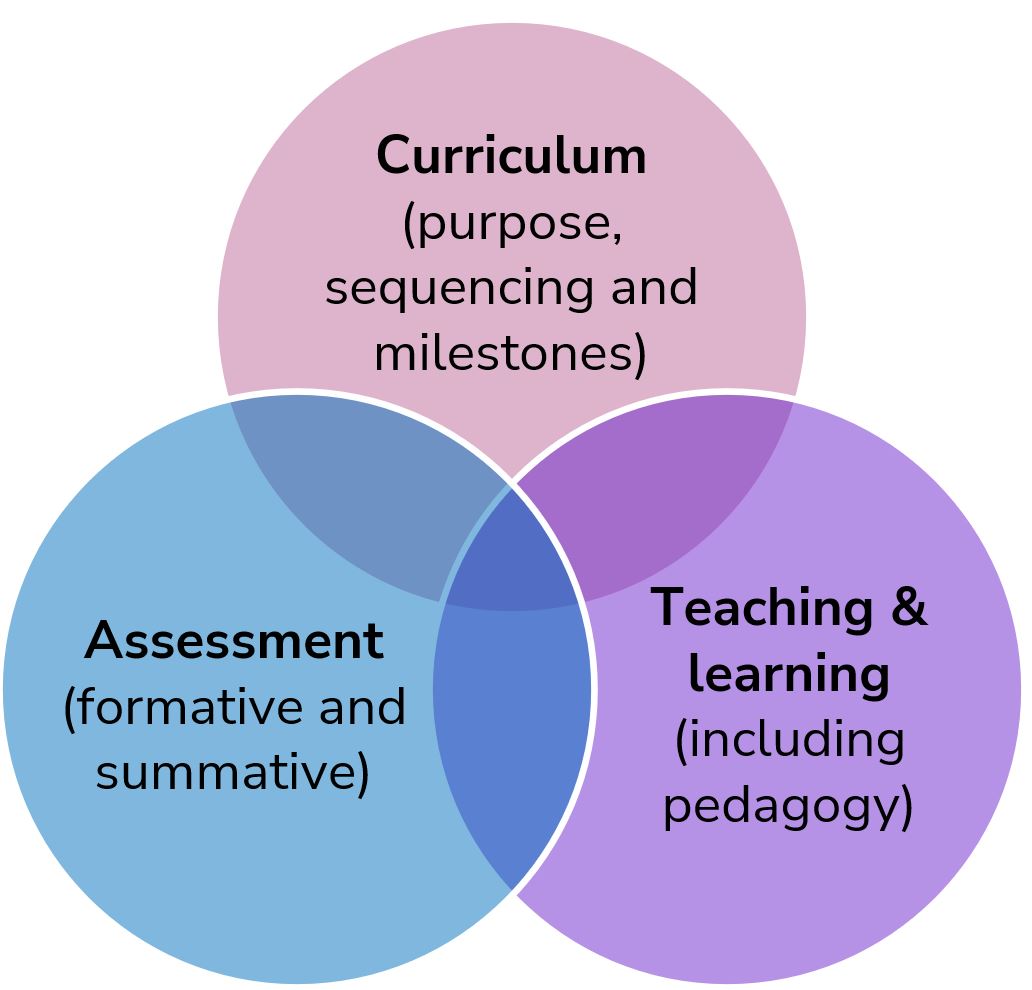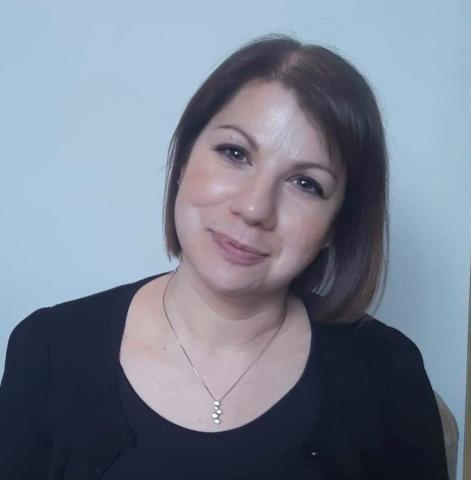
Subject leadership has changed quite a bit since I became a teacher, just over 20 years ago.
In the autumn term of 2003, in my second year of teaching, I remember tidying the drawers that held the RE posters (in the days before interactive whiteboard screens), and the shelves of books and items relating to various RE topics taught across the school. I had become the RE coordinator and was keen to get started.
Maybe it was my inexperience, or maybe it was the different expectations at the time, but it didn’t occur to me that it was also my role to know what topics each class taught in RE and how learning built over time and across the school. I was pleased I had tidied the resources. This was a job I could tick off my list and say I had done for my subject. Teachers could just find and use what they needed, couldn’t they?
Skip forward a few years to 2007/8, and I was now maths subject leader in another school. My understanding of subject leadership had grown. I was just beginning to feel responsible for the quality of teaching in my subject across the school, and so I was keen to provide support for staff, leading staff meetings and sharing ideas/resources. At the time I also remember a push to have curriculum days to ‘raise the profile’ of a subject and dreaming up whole school ‘challenges’ to motivate and engage pupils.
My thinking had developed, and I was focused on teaching and learning as well as pupil engagement and enjoyment, but the penny hadn’t fully dropped yet, so to speak, about the link between teaching and learning, curriculum, and assessment.
If you were asking me now, what should a subject leader focus on, I’d suggest these three key interlinked areas:

Whatever subject you lead within a primary school, one or more of these three interlinking areas are likely to form the focus of the majority of your work, currently.
Whether you are considering how to develop assessment tools and strategies to explore the extent to which pupils have secured and/or retained learning, or whether you are focused on developing the curriculum for your subject, so that the core purpose is threaded through it and key milestones are worked towards, it ultimately often comes back to one of these three areas.
But, we should acknowledge that this requires deep thinking and is hard work. As the role has evolved, I would argue that the expectations on those leading the subjects have increased. It’s not an ‘easy’ job, like tidying the resources cupboard.
Having been a maths adviser for several years now, and recently becoming lead adviser for a range of foundation subjects, my thinking on subject leadership is constantly being challenged. My reading and interactions with others cause me to think about what exactly a subject leader might want to focus on to have impact on the quality of education in their subject in their setting.
When you read the purpose of study for mathematics in the National Curriculum (for England, 2014), it talks about maths being a ‘highly interconnected discipline’ that is ‘essential to everyday life’ and ‘necessary for financial literacy and most forms of employment’. It also talks about a high-quality maths education providing ‘a sense of enjoyment and curiosity about the subject’.
So as maths subject leader, I would want to ensure that the curriculum we offer to pupils is organised and structured in a way that facilitates pupils seeing how interconnected it is as a subject (for example how fractions and decimals are part of our number system, which build on our counting skills and show us that there is more than the whole numbers we first encounter).
The sequencing of learning would help these ideas build over time, the pedagogy used within teaching would allow for exploration, and assessment tools would help me understand when pupils are ready for the next learning to be layered on, based on whether previous steps had been understood and retained.
Similarly in geography, the purpose of study section in the National Curriculum talks about ‘inspiring a curiosity and fascination about the world and it’s people’ and that teaching should equip pupils with ‘knowledge about diverse places, people…’ and ‘deepen their understanding of the interaction between physical and human processes…’
So as geography leader, I might explore how our curriculum progresses across year groups, for example in the use of fieldwork and maps, to build pupils’ understanding of physical and human features, feeding pupils’ curiosity to know more about the world around them.
Each subject is unique, but subject leadership has some common aspects. Here are some of the questions subject leaders might like to explore:
Caveat – the aim is not to have a perfectly prepared answer to each question, but to go through the process of thinking and talking about your subject, to identify where you are and what you might want to focus on:
- What is your overall aim for the subject across your school? What is important about your subject?
- What do you intend for pupils to learn and by when? What are the milestones?
- How is content sequenced? What came before this learning and what comes next?
- What do you intend for pupils to retain and transfer to long term memory from within a unit/topic/year group? How do/will you check?
- What formative and summative assessment tools are used along the way to identify and give feedback on learning to enable pupils to reach milestones?
- How do you facilitate retention of learning, e.g., points where previous learning is revisited and used?
- What do you do to cater for pupils who have not yet attained the expectations?
I hope the above list of questions is helpful to leaders, giving a metaphorical steer. It isn’t designed to be an exhaustive list, and you may choose to explore some questions but not others.
My ideas around subject leadership are likely to continue to evolve, and I look forward to continuing to share my thinking as it develops.
To keep up to date: Join our Primary Subject Leaders’ mailing list
To subscribe to our blogs: Get our blogs straight to your inbox
(If you are interested in blogs relating to foundation subjects and subject leadership, select the ‘Beyond the core’ option from the list when subscribing).






